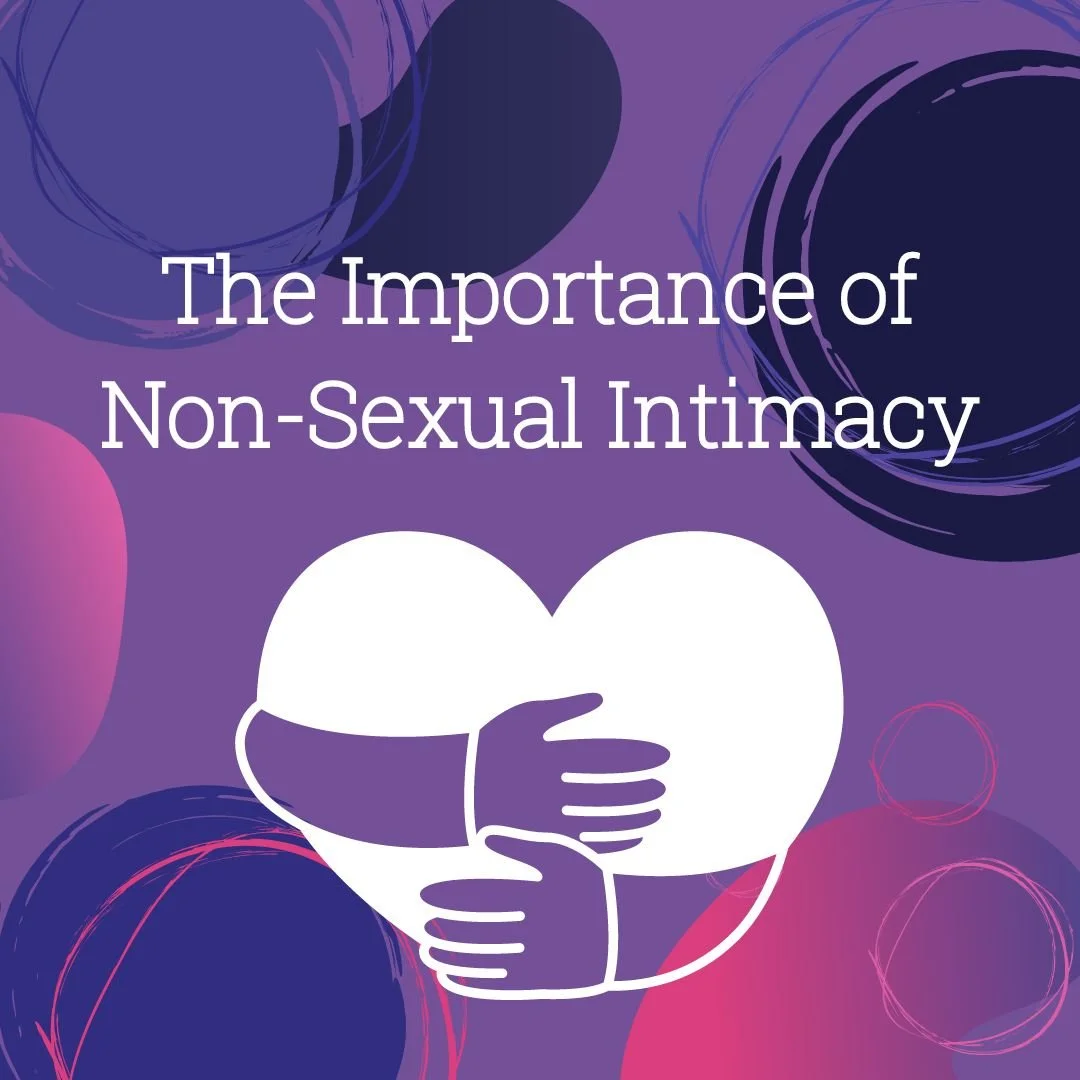The idea that you should “love yourself” has been preached for years. We are taught to “love” our bodies and be positive about them, talking negatively about ourselves is frowned upon and shamed. In the context of sex, we are taught that confidence in our bodies is key, that if we feel self-conscious, we will have “bad sex.” The body positivity movement, an unofficial social media campaign that bases on loving your body no matter what, had good intentions, it has slowly turned to something far less inclusive. This article will look at the origins of ‘body positivity,’ and the way it has become flawed as time has passed, as well as discuss the increasing conversations around body neutrality.
The body positivity movement is more commonly associated with the late 2010s and boom of social media thanks to the tagging of photos with #BodyPositivity on Instagram. Whilst it is true that body positivity was picked up in the late 2000s, it actually began in the 1960s. In New York City, the “Fat Acceptance Movement” had begun, with the fundamental concept to campaign for the normalization of bigger bodies in society. The previous founding of the National Association to Advance Fat Acceptance (NAAFA) also boosted this interest in “fat liberation.” NAAFA states that their central philosophy was to “change society, not ourselves.” Again, while this movement started off well, there were obvious flaws and acts of prejudice that we can still see today. NAAFA chair Tigress Osborn recalls that “many white activists believed that because Black communities and other communities of color seemed to be more accepting of fat people, that meant fat people of color simply didn’t need fat activity.” This is an entirely false notion which can still be seen today in the body positivity movement. Developments in the growth of media allowed for the spread of the body positivity movement, plus size models were now appearing on billboards in Times Square as well as campaigns appearing on social media such as Tess Holliday’s #EffYourBeautyStandards campaign in 2013.
























